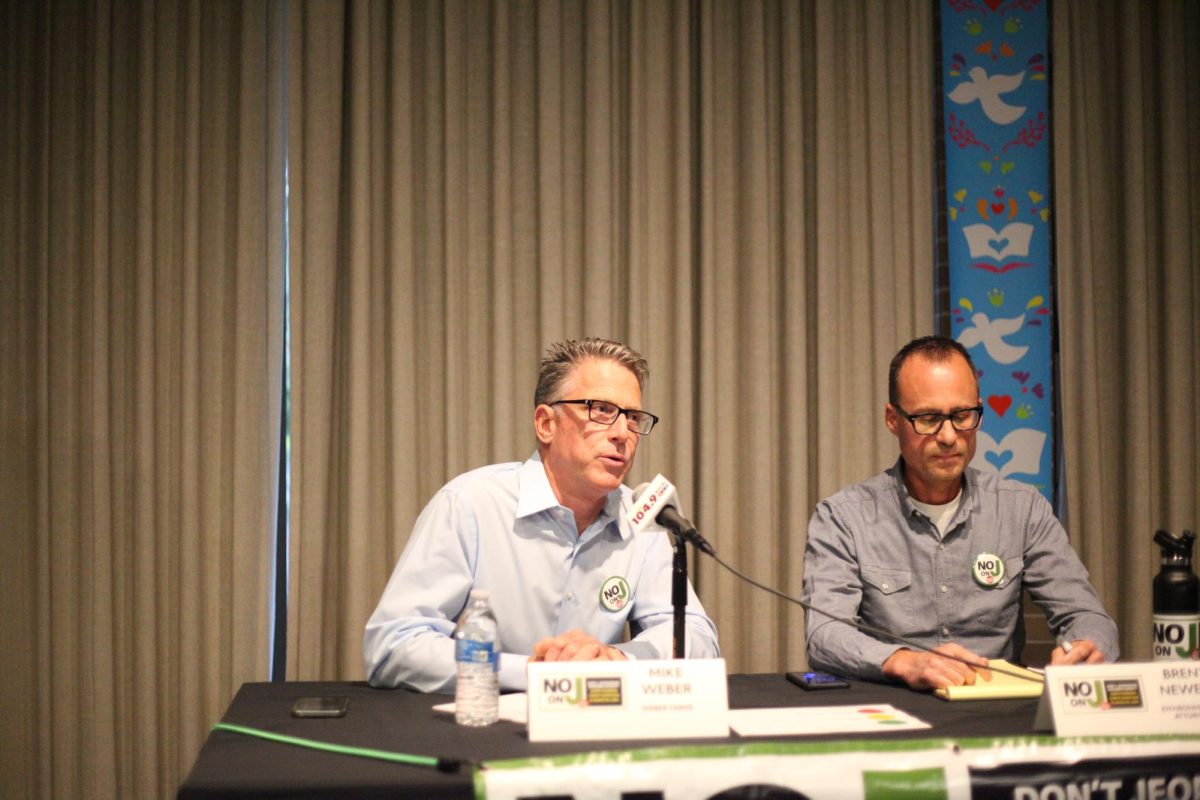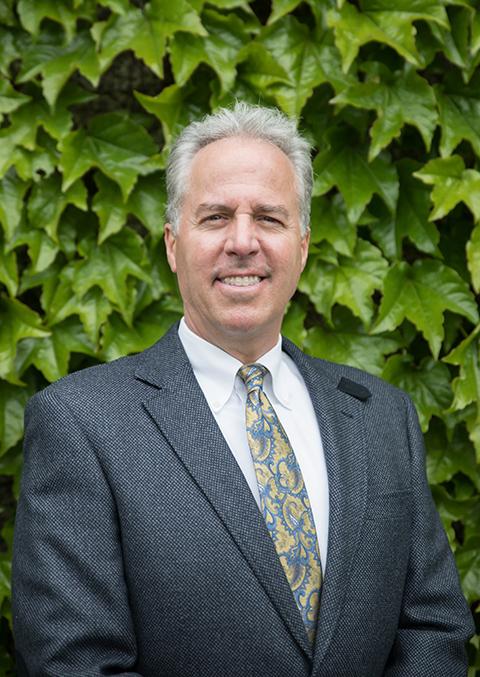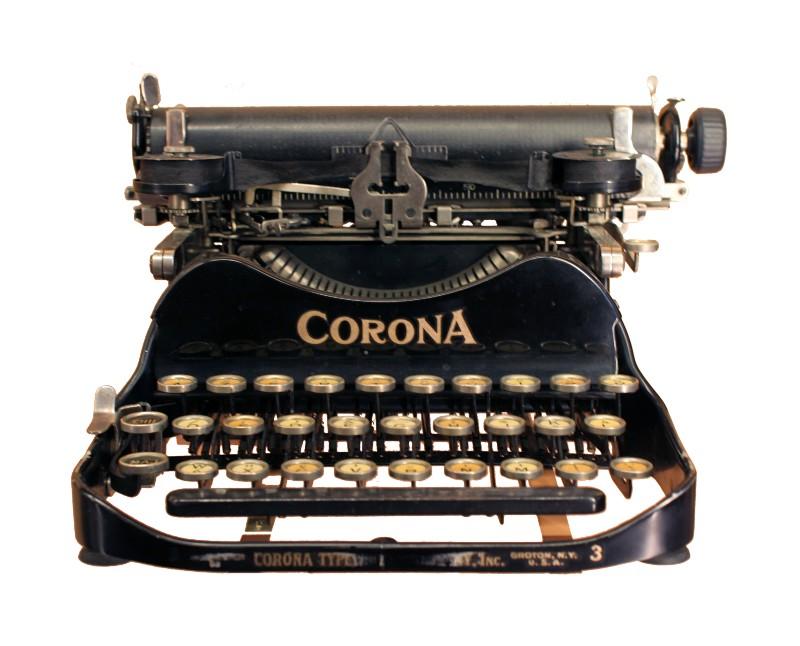For the first time in three years, the Center for Ethics, Law and Society awarded two Sonoma State University students the Warren Court Prize for their essays reflecting on issues related to ethics, constitutional law and justice. Co-winners Kayla Brown, a senior majoring in philosophy, and Elizabeth Cardenas, a sophomore philosophy major, will each receive $450 for their victory.
In previous years, there has been only one first-place winner as well as one second-place winner and two honorable mentions, but this year the Center for Ethics, Law and Society decided to go a different route. The judges, who include Joshua Glasgow, director of the Center for Ethics, Law, and Society, a political science professor and a criminal justice professor , decided there would be no honorable mentions or second place; instead, they awarded two people to make the cash prize larger. And they felt that two essays stood out in all their submissions.
“Really what we’re looking for is excellence. And that’s excellence in writing, excellence in research, and excellence in arguments. And these two papers really demonstrated that,” Glasgow said.
The first to present was Cardenas, who presented her paper, titled “ My Philosophy on Libertarian Paternalism.” She compared the term “libertarian paternalism” to a “nudge,” to which she defined as when institutions under our government attempt in an unforced manner to steer people’s choices in the right direction.
Cardenas said she hopes her paper brings awareness to students about the components surrounding libertarian paternalism, which revolves around the idea that it is possible for private and public institutions to influence citizen behavior while also respecting freedom of choice.
“I hope that my paper encourages people to read more about libertarian paternalism, to question what factors in everyday life affect our unconscious processes, and to think twice about governmental policies and their legitimacy,” she said.
Cardenas said the nomination humbled her, and she is honored that the center named her a winning participant. She plans to use the money to pay her tuition next semester.
The second co-winner, Kayla Brown, presented her paper, titled “No Laws, No Masters: The Key to Un-Lock a State of Nature.”
A state of nature, Brown defined, is when human nature naturally exists in absence of any sort of organized or civil society.
Brown said that her initial reaction was shock; since she got an honorable mention last year, she thought the chance of receiving a prize two years in a row was slim.
One point Brown brought up in her paper was about how philosopher Jean-Jacques Rousseau showed how one can trace social inequality back to the origins of civil society.
“Rousseau argues that the social inequality we witness today has been birthed by the creation of civil society and is maintained by our system of ‘justice’; our judicial and military forces are in place simply to keep us in place,” Brown said.
According to Brown, she hopes that those who read her paper or hear her speech will look at societal structures more critically.
“The biggest message I want to send is to not lose the compassion within yourself for others, and to exercise that compassion to the greatest extent you can,” Brown said. “I want people to remember that the power others possess is from a system we all participate in and if you don’t think their power is just, your voice and actions should reflect that. “
The Warren Court Prize’s namesake is Earl Warren, the 14th chief justice of the U.S. Supreme Court, who is known for his critical role in promoting justice in cases such as Brown v. Board of Education and Miranda v. Arizona.
Ken Marcus, who used to be a Sonoma State professor in political science and criminal justice, donated the money to make this prize possible and to give students an extra incentive to produce their best writing.


































